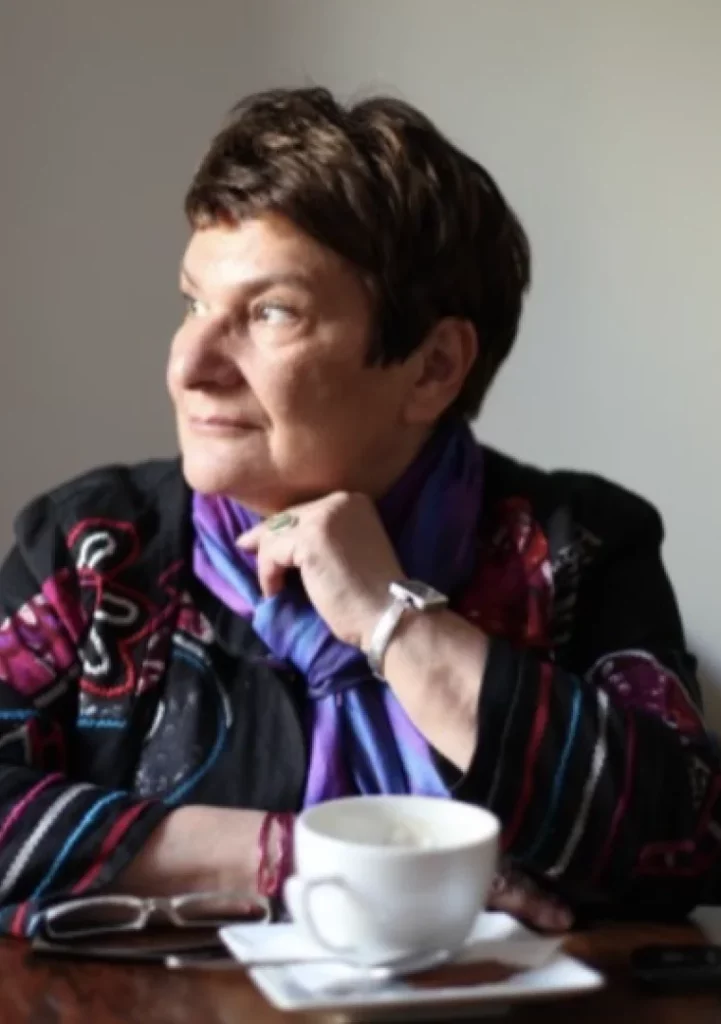
Practically all my Jewish friends decided to emigrate. They left in turns, and we used to go to the Gdański Railway Station to see them off.
I heard dramatic stories of formalities one had to go through before departure. I remember my friend’s sister, who arrived home in tears after officials at the Ministry of Internal Affairs forced her to “voluntarily” renounce her Polish citizenship. Right next to her, a Greek woman had been signing her documents—she was off to the country of her grandparents, to Greece, yet was permitted to keep her Polish citizenship.
My family too was hit by the repressions—an anonymous voice on the phone, asking if we still enjoyed the taste of Polish bread, or asking to speak with Abram Szwarcman, a filthy Jew. I felt as if I were castaway on a desert island. I had my Polish friends, but very few were willing to acknowledge the anti-Semitic tone of the events—they regarded them in purely political terms. They were hesitant to admit that normal people who had been averse to the authorities were now siding with them.
Two years passed before I grew able to talk about these events with new acquaintances, colleagues who came to Poland from Germany to write doctorates on Polish history. I felt they sympathized with my emotions—the emotions of someone who had grown up in the Yiddish-speaking Jewish milieu then was deprived of it all almost overnight.
Once, I visited my aunt in Śródborowianka, a lodge not far from Warsaw that belonged to the Social-Cultural Association of Jews in Poland and was frequented by Jews from all over Poland and from abroad.
It was 1969 or 1970, and Eliasz Rajzman, a wonderful Yiddish poet from Szczecin, was staying at the lodge. He said to me: “What’s a Jewish girl like you still doing here? Leave, you won’t find a husband here.”
Still, I feel I’m carrying a terrible psychological burden left by March. I was deprived for many years of my family and friends, I experienced awfully bitter personal chagrins—those made me feel terribly lonely at times, and much less trusting than I’d been before. Such experiences transformed me. People may say that “suffering offers incentive for development.”
I truly do not wish anyone to owe their development to such dramatic events.
(Source: Gazeta, Volume 25, Spring 2018)